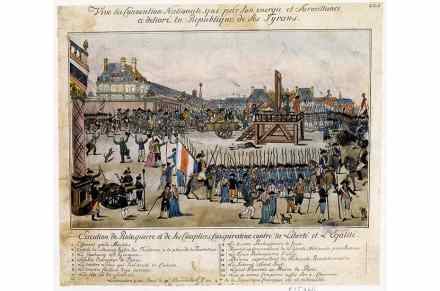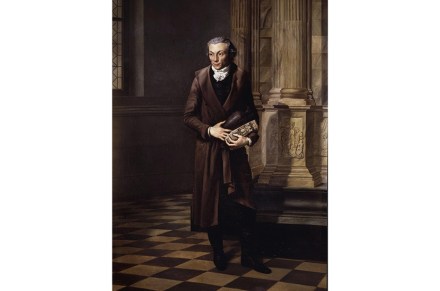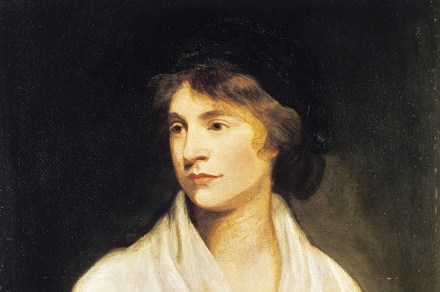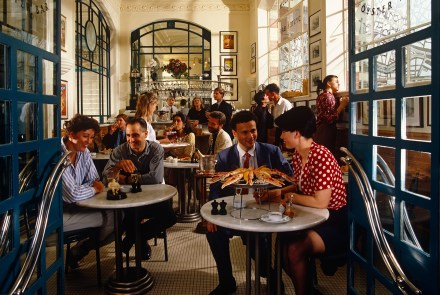Is it an exaggeration to talk of a ‘gender war’?
According to Nina Power’s forceful and rather unusual What Do Men Want?, we in the West are currently engaged in a ‘battle over sex’. And while that has been going on, ‘another war is being waged. This one is against men, the whole damn lot of them!’ To back up this ‘war on men’ idea, Power cites, among other examples, I Hate Men, a book by the French writer Pauline Harmange in which she damns men as ‘violent, selfish, lazy and cowardly… men beat, rape and murder us’. Power’s argument is that the all-out assault on men has gone too far. The mistake, she says, is in ‘treating people as






